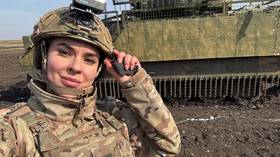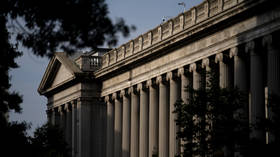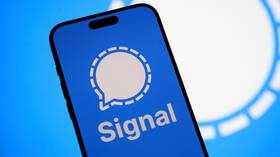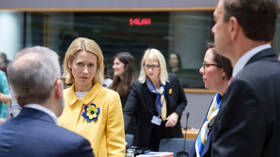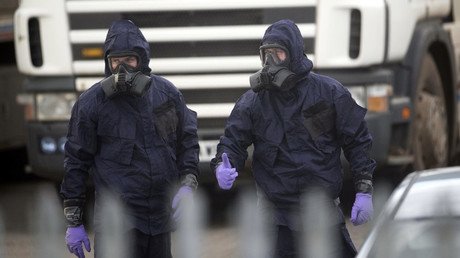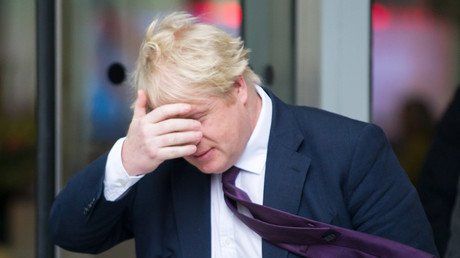Evidence before solidarity: German official blasts UK, allies for blaming Russia in Skripal case
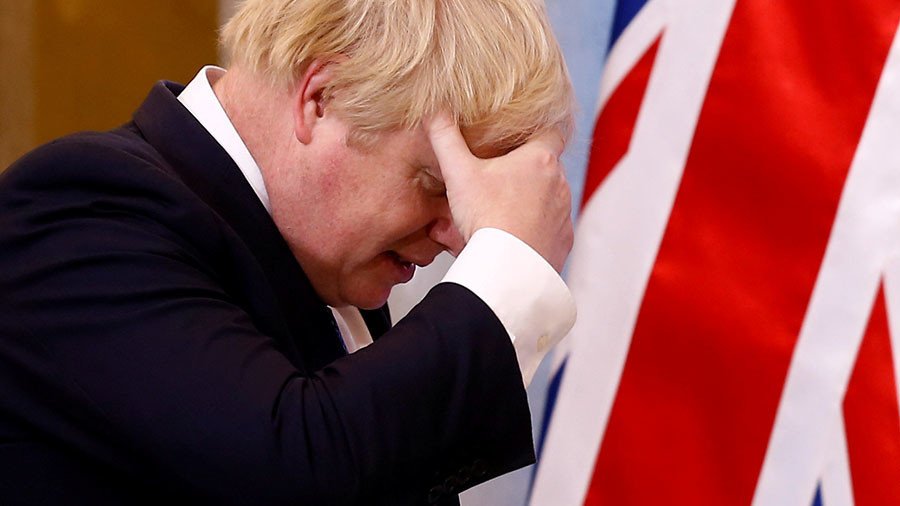
The minister president of Germany’s most populous state has lambasted the UK for prematurely pinning the blame for the Skripal poisoning case on Russia, writing that you need “sound evidence” before asking allies for solidarity.
Armin Laschet, the leader of North Rhine-Westphalia and a deputy chairman of Angela Merkel’s Christian Democratic Union (CDU), took to Twitter after the UK’s Porton Down government laboratory announced on Tuesday that it could not link nerve agent samples it had collected to Russia.
“If you force almost all NATO countries to show solidarity, shouldn’t you have sound evidence?” Laschet said. “You can think of Russia what you want, but I have learned a different way of dealing with states from studying international law.”
Wenn man fast alle NATO-Staaten zur Solidarität zwingt, sollte man dann nicht sichere Belege haben? Man kann zu Russland stehen wie man will, aber ich habe im Studium des Völkerrechts einen anderen Umgang der Staaten gelernt. https://t.co/kqMSS2qkhi
— Armin Laschet (@ArminLaschet) April 3, 2018
UK Foreign Secretary Boris Johnson previously said that scientists at Porton Down were “categorical” about the Russian origin of the nerve agent allegedly used in the March 4 attack against Sergei Skripal, a former double agent, and his daughter in Salisbury. As part of a coordinated show of solidarity with the UK over the attack, Germany announced last month that it would expel four Russian diplomats over Moscow’s suspected involvement in the poisoning.
“It is clear that there must be consequences. We in the European Union have therefore adopted an unequivocal position and stand shoulder-to-shoulder with the United Kingdom,” German Foreign Minister Heiko Maas said in a statement announcing the expulsions.
In total, more than 100 Russian diplomats were ordered to leave the European Union and NATO states at the UK’s urging. Russia has denied any involvement in the Skripal poisoning, while also calling on the UK for a joint investigation.
Moscow has also sent a list of 14 questions to the UK Foreign Office regarding the case, but still awaits a response. Another list with questions was sent to the Organization for the Prohibition of Chemical Weapons (OPCW), but Russia’s representative to the body said it has received only one answer so far, which is being evaluated.
Think your friends would be interested? Share this story!



